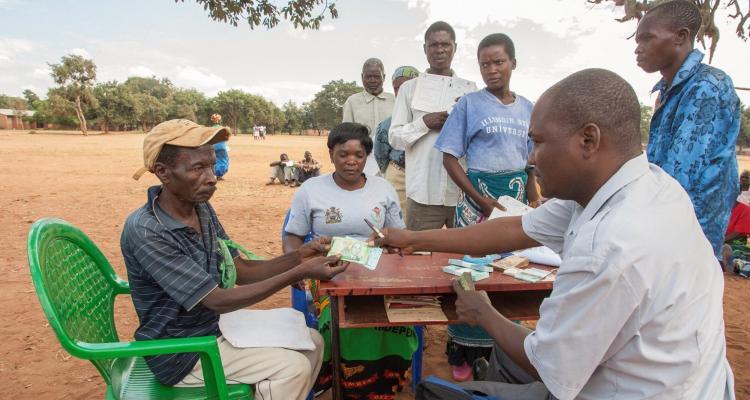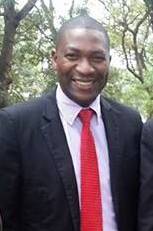
Senior Chief Msakambewa has described the K2,600 given to poor households per month through the Social Cash Transfer Program (SCTP) as a mockery to the Dowa people.
Chief Msakambewa said people of Dowa have for years been demonstrating their hardworking spirit by producing a lot of food for consumption and sale.

The traditional leader claimed that the money given is enough to people who are ending their poverty and hunger through begging food and not to people who mostly take farming as a business.
“Dowa was a food basket district, feeding itself and the other surrounding districts hence the K2,600 per month per household is peanut,” Msakambewa said.
The chief appealed to fellow chiefs in the district to encourage their subjects to continue working hard in their fields other than waiting to receive money which they did not work for.
Speaking on the issue, Dowa Ngala parliamentarian, Dr. Elias Chakwera, accused implementers of the programme of stealing the money saying Malawians would not have been poor as they are today if the money was used as planned.
Chakwera appealed to the Dowa District Council to make sure that all the money it receives for the people of the district should be given to the people and not kept in the bank.
“It is so disappointing to note that officers working for the Social Cash Transfer Program are the ones getting rich more than the real ultra-poor and labour constrained households,” Chakwera said.
On his part, Dowa, South East parliamentarian, Harry Njoka Chipeni asked government to develop a good monitoring mechanism of the Social Cash Transfer Program to avoid similar challenges as occurred in other districts of the country where money has always been stolen.
The Social Cash Transfer Program (Mtukula pakhomo) is targeting 10 percent of the households comprising of the elderly, orphans and vulnerable children, households with a dependency ratio of more than three, chronically ill or HIV infected persons and persons with disabilities.
The program started with Mchinji district as a pilot in 2006 and extended to the other districts including Dowa where a total of 8,176 households are expected to benefit from the program.















The picture is mine but the story is not mine. Thank you